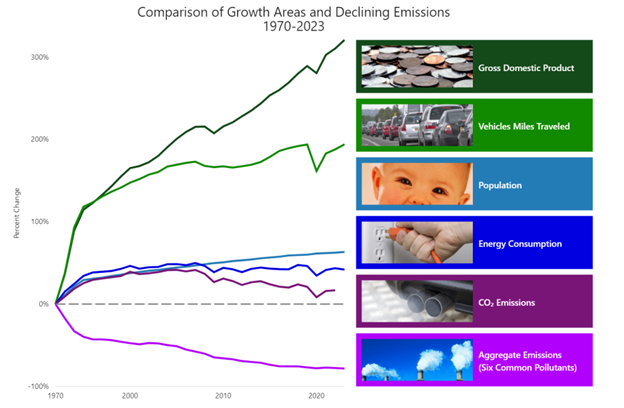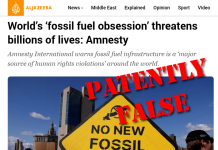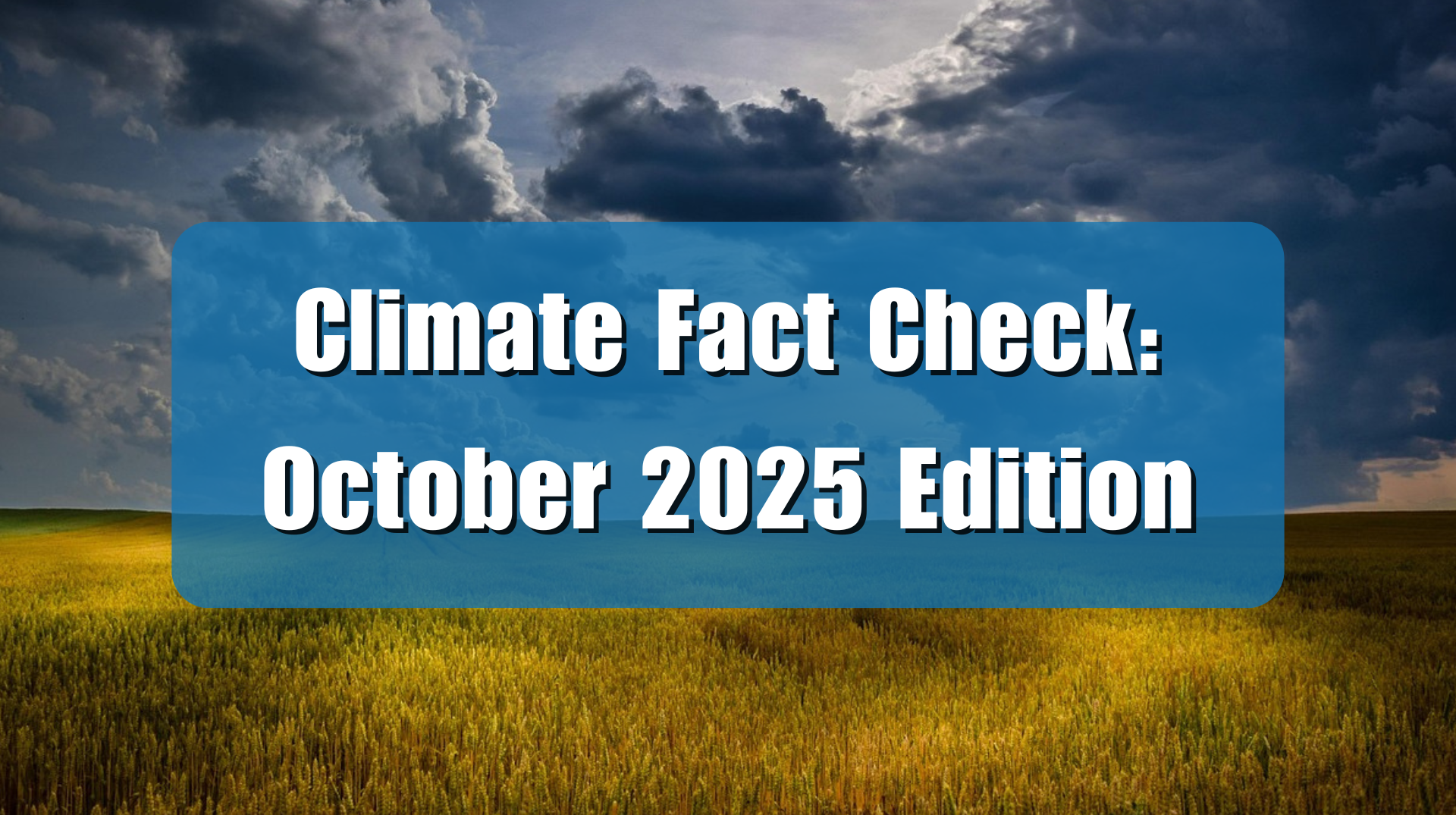A recent article in Forbes written by Bill Frist, titled “The Changing Climate Is A Health Crisis: A Call To Action For Human Well-Being,” makes the oft-repeated claim that climate change is threatening to harm and already actively harming human health. This is false. Many of the conditions Frist claims are worsening are not actually worsening, and others lack sufficient data to place blame on climate change.
Frist, a medical doctor and former Republican U.S. Senate Majority Leader, begins by attributing the still burning Los Angeles wildfires, and recent hurricanes, and heat waves to climate change. Climate Realism has touched on why none of these are due to the modest warming of the past century, regardless of any human contributions, here, here, and here, respectively.
“The connection is undeniable: a progressively warming planet with increasing extreme weather patterns and biodiversity loss is reshaping the conditions necessary for human survival, with profound consequences for the well-being of each of us, both for today and tomorrow,” writes Frist. He lists several ways by which this is supposedly occurring, and while we won’t cover each in detail in this post, none of his points break new ground — each and every claims is based on the false premise that climate change is a catastrophic threat.
Frist’s first argument is about “Heat stress and chronic illness,” claiming that heatwaves are “becoming the norm” and killing people. This claim misses the bigger picture. While it is true that globally there has been a slight increase in the number of deaths due to heat, conveniently left out of the discussion is that the number of deaths due to cold has declined dramatically, by more than twice as much as heat deaths have risen. Peer reviewed research consistently shows that cold temperatures kill far more people than hot temperatures. As a result, the recent modest warming has resulted in a substantial net decline in number of people dying due to temperature across the globe, as discussed in Climate at a Glance: Temperature Related Deaths.
For the United States, Environmental Protection Agency (EPA) data show that the number of unusually hot days has not been increasing. Meteorologist Anthony Watts explains in “Media Chases ‘Climate Enhanced’ Heat Waves, Misses Data Showing They are Less Frequent,” that “only 19 percent of all weather stations reported an increase in the number of unusually hot days since 1948.” The other stations report either a decrease or no change at all in the number of unusually hot days.
Air pollution causing respiratory problems is another issue Frist links to climate change: lumping fossil fuel combustion related pollution, in with smoke from wildfires, and “ground-level ozone created by air pollutant chemical reactions, and fine particulate matter contribute to respiratory diseases such as asthma and chronic obstructive pulmonary disease (COPD).”
In this broadside, Frist illegitimately lumps a few different issues of concern together linking them to climate change, when there is no such link. Any health problems stemming from particulate pollution or ozone from fossil fuel use have nothing to do with climate change. In fact, both types of pollution have declined even as the Earth has modestly warmed.
Smoke from wildfires can be unhealthy, but wildfires aren’t getting worse, as Climate Realism has shown dozens of times, so climate change isn’t causing more smoke from wildfires.
As things stand, the United States has never had cleaner air. EPA data show emissions of common pollutants like ozone, particulate matter, sulfur dioxide, and volatile organic compounds have decreased. (See figure below)

Frist also claims, as others have misleadingly asserted before him, that vector borne diseases like malaria will increase and that pressure on ecosystems will lead to more human-animal contact and more zoonotic disease. In Climate at a Glance: Malaria and Mosquito-Borne Diseases, data from the World Health Organization (WHO) visualized by Our World in Data show very clearly that malaria has been declining over time, with the exception of an uptick in 2020 due to constraints on aid during the COVID-19 pandemic. There is also a wide body of scientific literature from disease experts (compiled in Chapter Four of Climate Change Reconsidered II: Fossil Fuels) that shows modest warming would not necessarily lead to more of those types of diseases. Current disease data does not support the climate-exacerbation theory. Factors besides climate change drive the spread of insect borne diseases. The presence of standing water, for example, is one big factor contributing to mosquito-borne diseases. Simple measures like using mosquito netting and spraying insecticides cuts down on incidences much more dramatically than a modest warming might expand the areas where disease bearing mosquitos could exist.
Frist’s most egregious and offensive claim is his linking “mental health and climate anxiety,” claiming that extreme weather is resulting in “increasing rates of anxiety, depression, and post-traumatic stress disorder (PTSD).” This is self-deception and projection on Frist’s part. Extreme weather is not actually getting worse. As a result, what is really driving fear of climate change is alarmists like Frist and mainstream outlets continually push the narrative that every natural disaster is being caused by climate change and they are all getting worse – a claim that has no basis in fact.
Losing one’s home or loved ones to a natural disaster is genuinely traumatizing, but, as discussed here, here, and here, it is the media that is driving “climate anxiety” and other mental problems associated with climate change. It is the false doom mongering reporting, not measured changes in the climate, that is generating unwarranted climate fear. “Climate anxiety” is entirely a construct of the media alarmist industry telling people that they should be terrified of an existential crisis which only exists in their own echo chambers. Data does not show the planet is hurtling towards becoming “unlivable” and yet that’s exactly the narrative that Frist and his ilk in the media are pushing.
Frist and Forbes are perpetuating the baseless claims that weather has become more unpredictable and extreme when long-term data demonstrates that it has not, and that climate change presents an existential threat to human life and health, when it does not. They are misinforming their readers in order to spur environmental action, but instead are generating hopelessness and fear. This is shameful behavior.























